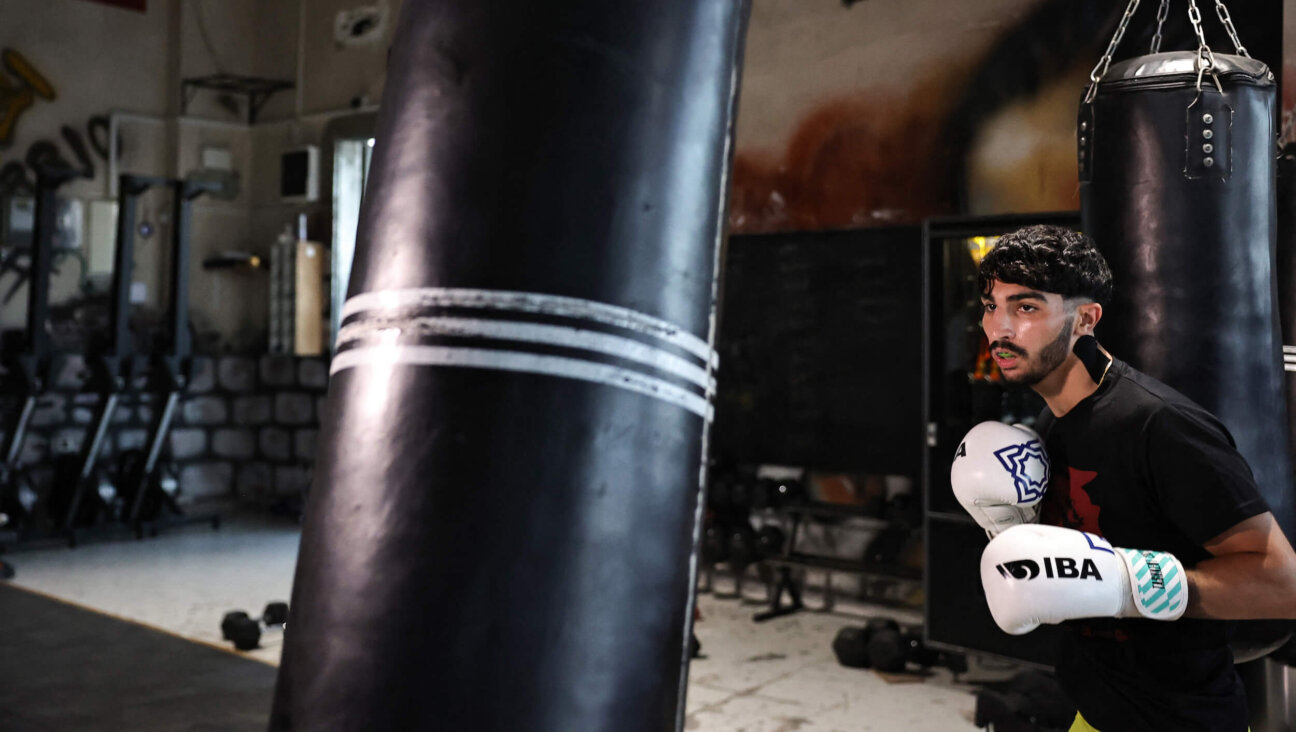Wash Post Op-Ed Writer: What If Torture Is Morally Wrong — but Effective?
A recent op-ed essay in the Washington Post dissects torture / “enhanced interrogation” and presents evidence that as repugnant as it is, it might work — that is, yield usable intelligence that otherwise wouldn’t have been forthcoming. The writer, M. Gregg Bloche, is a psychiatrist and teaches law at Georgetown. He was a health consultant to the Obama campaign and teaches courses on health policy and human rights. He writes that he’s against torture because it’s evil, but whether or not it’s effective is a separate and more complicated question.
I’ve examined the science, studied the available paper trail and interviewed key actors, including several who helped develop the enhanced interrogation program and who haven’t spoken publicly before. This inquiry has made it possible to piece together the model that undergirds enhanced interrogation.
This model holds that harsh methods can’t, by themselves, force terrorists to tell the truth. Brute force, it suggests, stiffens resistance. Rather, the role of abuse is to induce hopelessness and despair. That’s what sleep deprivation, stress positions and prolonged isolation were designed to do. Small gestures of contempt — facial slaps and frequent insults — drive home the message of futility. Even the rough stuff, such as “walling” and waterboarding, is meant to dispirit, not to coerce.
Once a sense of hopelessness is instilled, the model holds, interrogators can shape behavior through small rewards. Bathroom breaks, reprieves from foul-tasting food and even the occasional kind word can coax broken men to comply with their abusers’ expectations.
He talks to some of the researchers who developed the techniques apparently used by U.S. forces and shows how they would work. It came out of Chinese techniques for extracting fake confessions and was studied by U.S. researchers originally to train troops in resisting it, until some bright guys figured out that if it helped the Chinese get prisoners to lie, and helped American soldiers resist, it could also help American interrogators extract real stuff, with some tweaks. If he’s right, he says, the “possibility poses the question of torture in a more unsettling fashion” than it’s been addressed up to now,
by denying us the easy out that torture is both ineffective and wrong. We must choose between its repugnance to our values and its potential efficacy. To me, the choice is almost always obvious: Contempt for the law of nations would put us on a path toward a more brutish world. Conservatives are fond of saying, on behalf of martial sacrifice, that freedom isn’t free. Neither is basic decency.
A message from our editor-in-chief Jodi Rudoren

We're building on 127 years of independent journalism to help you develop deeper connections to what it means to be Jewish today.
With so much at stake for the Jewish people right now — war, rising antisemitism, a high-stakes U.S. presidential election — American Jews depend on the Forward's perspective, integrity and courage.
— Jodi Rudoren, Editor-in-Chief
























